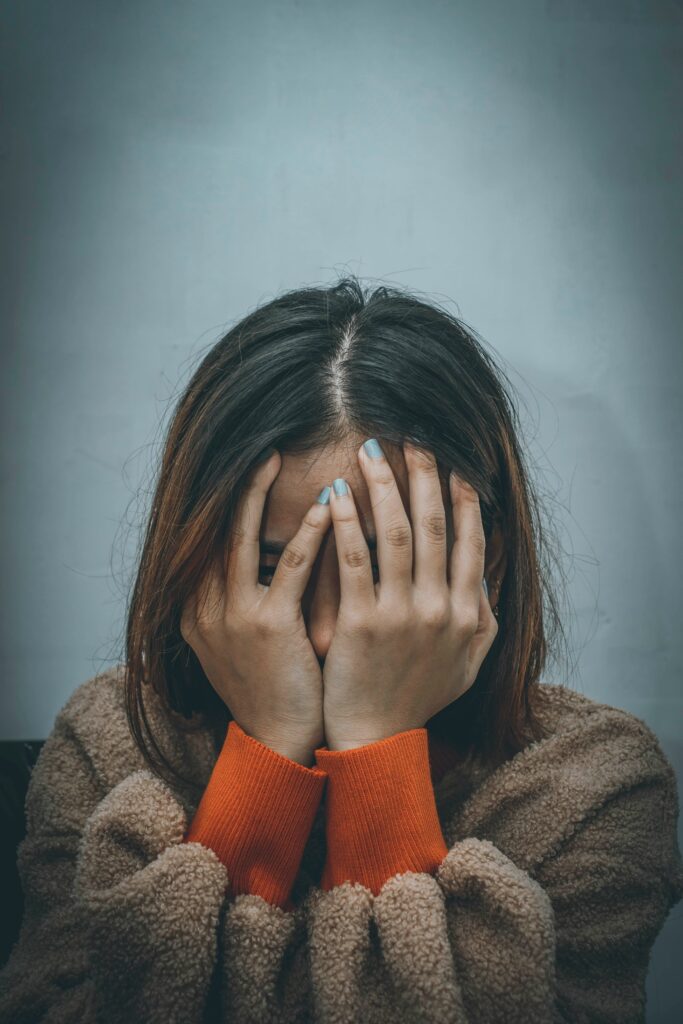A recent Supreme Court ruling has granted cities the authority to ban people from sleeping or camping in public spaces. The justices, in a 6-3 decision, overturned lower court rulings that deemed it cruel and unusual under the Eighth Amendment to punish people for sleeping outside if they had nowhere else to go. Naturally, this ruling will have profound implications for individuals struggling with being houseless.
Among the most vulnerable are survivors of domestic violence, who often find themselves without stable housing due to the abuse they have endured. The intersectionality of homelessness and domestic violence is a critical issue that demands urgent attention yet is often overlooked.
Domestic violence survivors frequently face an array of challenges that can lead to becoming houseless. Economic abuse is the most prevalent factor, as abusers often exert control over their victims’ finances, leaving them without savings or financial independence. Oftentimes, women in abusive relationships will not have held a job for years as they were expected to uphold traditional marriage roles (homemaking, child-rearing, etc.) within their relationship – leaving them with no income to fall back on. When a survivor decides to leave, they may have little to no resources to secure stable housing. Some survivors, especially in more rural areas, are also left without transportation, so staying with a friend/family member becomes impossible if they don’t live in the same area.


Isolation is another common tactic used by abusers, who often cut their victims off from family, friends, and other support networks. This isolation leaves survivors without a safety net, increasing their risk of becoming homeless. Compounding these issues is the scarcity of affordable housing in many areas. Without a stable income or rental history, survivors face significant hurdles in securing long-term housing. While emergency shelters provide temporary respite, they are often overcrowded and unable to offer lasting solutions. Shelters also typically come with barriers such as drug tests and mandatory employment – meaning that survivors who have developed drug dependencies due to their abuse or have become disabled because of their abuse would be denied shelter.
Physical and emotional trauma also play critical roles in why domestic violence victims become homeless. Survivors often suffer from injuries and psychological scars that can impede their ability to work and maintain stable housing in general. The trauma may also lead to mental health issues, further complicating their path to stability.
Once a domestic violence survivor becomes homeless, escaping this situation can be extremely challenging. Stigma and discrimination are pervasive, affecting their ability to find employment, secure housing, and access essential services. This societal bias adds another layer of difficulty to an already challenging situation.
Resources for homeless individuals are often limited, and those that do exist may not be equipped to address the unique needs of domestic violence survivors. Shelters may lack
necessary safety measures, and support services may not be tailored to address the trauma of abuse. Legal barriers also complicate matters, with custody battles or restraining orders often hindering efforts to find stable housing. Legal aid is scarce, particularly for those without financial resources, further entrenching the cycle of homelessness.
The physical and mental health issues stemming from domestic violence also hinder a survivor’s ability to work and maintain stability. Access to healthcare and mental health services is often limited for homeless individuals, making these challenges even more complicated. After all, most billings for these services are tied to an address.
The Supreme Court ruling allowing cities to ban sleeping or camping in public areas exacerbates the challenges faced by homeless individuals, including domestic violence survivors. These bans can leave homeless individuals with even fewer options for safe places to sleep, increasing their vulnerability to further abuse or exploitation.
Moreover, such policies effectively criminalize being houseless – leading to fines, arrests, and criminal records that make it even harder for individuals to secure housing and employment. For domestic violence survivors, this adds another layer of complexity to an already difficult situation. The displacement resulting from these policies pushes homeless individuals into more remote or less visible areas, where they are less likely to receive assistance. This further limits access to the support services they desperately need.
The intersectionality of homelessness and domestic violence is further complicated in rural areas. Limited resources in these regions mean fewer shelters, support services, and affordable housing options, making it difficult for survivors to find the help they need. Geographic isolation compounds the problem, with limited transportation options hindering access to essential services.
Community dynamics in rural areas also present unique challenges. In small communities, everyone often knows everyone else, making it harder for survivors to seek help without fear of exposure or retaliation. This can deter individuals from leaving abusive situations in the first place.

All of this is to say that survivors face unique and compounded challenges that make escaping homelessness extremely difficult. Homelessness caused by domestic violence (and homelessness in general) is a critical issue that requires a comprehensive and compassionate response. The recent Supreme Court ruling allowing cities to ban camping in public areas only makes these challenges more complex, leaving survivors more vulnerable and with fewer options.
To address this issue, we must advocate for policies that provide adequate resources, support services, and affordable housing options. This is especially crucial in rural areas, where resources are often scarce. By understanding and addressing the unique needs of domestic violence survivors within the homeless population, we can work towards creating a safer and more supportive environment for all.
If you need any additional information, have a question, or a concern, feel free to reach out to Options at our 24-hour toll-free helpline 800-794-4624. You can also reach an advocate via text by texting HOPE to 847411 or click 24-Hour Chat with Options.
Written by Anniston Weber
This project was supported by subgrant number 24-VAWA-07 awarded by the Kansas Governor’s Grants Program for the Office on Violence Against Women, U.S. Department of Justice’s STOP Formula Grant Program. The opinions, findings, conclusions, and recommendations expressed in this publication/program/exhibition are those of the author(s) and do not necessarily reflect the views of the Office of the Kansas Governor or the U.S. Department of Justice.


